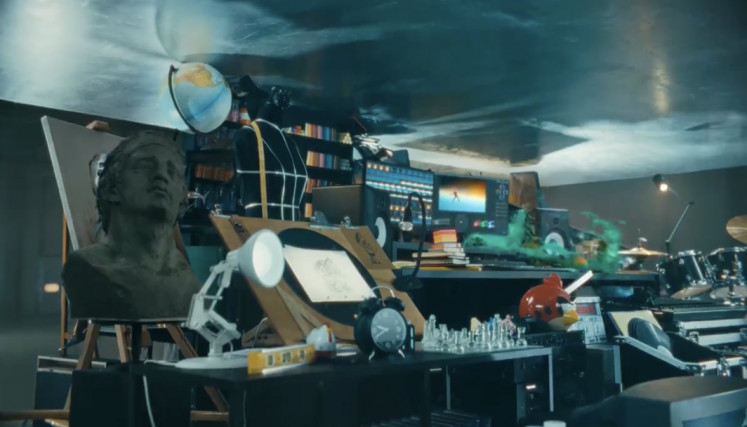‘Lost memories’ of Alzheimer’s patients can still be recovered, scientists claim
Change Size
 Contrary to popular belief, scientists are claiming that these memories are not lost forever and can be reawakened—even for Alzheimer’s patients. (Shutterstock/-)
Contrary to popular belief, scientists are claiming that these memories are not lost forever and can be reawakened—even for Alzheimer’s patients. (Shutterstock/-)
F
or some, acquiring the dreaded Alzheimer’s disease is worse than a death sentence, as it permanently erases a person’s most treasured memories.
But contrary to popular belief, scientists are claiming that these memories are not lost forever and can be reawakened—even for Alzheimer’s patients.
Studying mice with a condition similar to human Alzheimer’s, scientists at Columbia University in New York discovered a phenomenon that makes recollections of the past become muddled and incorrect.
To prove their claims, scientists observed two sets of mice—one with the Alzheimer’s-like condition and another with healthy brain cells.
Both were exposed to a lemony scent and were given an electric shock soon after, according to The Independent. The subjects were tested again a week later, with same lemony-smell invoking fear to the healthy ones, while those with the disease remained unfazed.
Read also: Let's talk openly about mental health
After altering the creatures’ brain cells which stored memories, the disease-riddled mice appeared to recall the lemon smell they had previously “forgotten.”
“The mice may be recalling an incorrect memory, as the wrong cells—or possibly a new ensemble that may have different mnemonic properties than the original ensemble—are being activated,” a statement from the study read.
“These results indicate that [the memory] still exists and has not degraded, but is difficult to access for memory retrieval or behavioral expression when Alzheimer’s Disease is present.”
Despite the shocking results, researchers say it’s still too early to apply their findings to human subjects.
The full study was published in the journal Hippocampus.
This article appeared on the Philippine Daily Inquirer newspaper website, which is a member of Asia News Network and a media partner of The Jakarta Post









